Why Is My Room So Hot? (How To Fix It And Stay Cool!)

In the middle of winter, a toasty room can be a very welcome treat, but even in the worst of winter, there’s such a thing as too warm. We’ve all experienced a room that was way too warm for the temperature. Sometimes, it’s as simple as just turning off the heat. Other times, the heat just seems to radiate from nowhere. Did you ever wonder what the deal is with that phenomenon?
A room that seems to be unreasonably warm can be caused by a wide range of issues. The most common include:
- Heat From Your Roof
- Closed Vents
- HVAC Problems
- Too Much Sunlight
- Bad Insulation
- Small AC Units
If you’re getting uncomfortably warm in your home, then you’re probably wondering what the deal is with your heating system. This article will help shed some light on this hot topic.
Do You Need Central A/C Service or Repair?
Get free, zero-commitment quotes from pro contractors near you.

Why Is One Room Hotter Than The Others In My Home?
Admittedly, this is a problem that often affects just one room, but it can sometimes be more than one. Sometimes, it’ll affect two, three, or even an entire top floor. In the world of HVAC, this is called having an unbalanced system. You need to have a little air balancing to make your home comfortable again.
Let’s take a look at some of the more common culprits of an unbalanced home…
Heat From Your Roof
Is the hot room in question on the top level of your home? If the upper part of your home feels warmer across the board, it could be a matter of a roof transferring heat to the top level of your house. The heat won’t travel to the lower levels evenly, simply because hot air rises and cold air sinks.
In most cases, the heat transfer from your roof is not going to be the primary factor. It often is an issue that occurs in conjunction with other factors. If you have this problem, improving your ventilation upstairs or even opening a window can help.
Closed Vents
Remember how we mentioned that adding more ventilation can help reduce the temperature in a room? Even if you’re not on the top floor, closed vents (or cloggy vents) are going to be a major cause for an increase in heat.
Hot air needs a way to escape in a room. Otherwise, it stays stuck there until the heat in the surrounding areas drops significantly. Without a way for hot air to leave your room, your room will become stuffier and warmer. The easy fix for this is to open up your vents. If your vents are jammed closed, just open a window.
HVAC Problems
A malfunctioning HVAC system can turn any home into a roasting, toasting machine. To a point, almost all overly warm rooms will have one issue that tends to be part of the problem. The most common include:
- Non-Functioning AC. If your AC unit is busted, then chances are that most of your rooms will be very warm. You need to have a working air conditioning unit in order to provide cool air to your home. While some rooms may be able to stay relatively chill, others won’t without some AC-provided assistance.
- Over-Active Furnace. A furnace that is being overworked will spew out more heat, but it might not always be evenly. If there is a clog in your filters for a number of rooms, some rooms may be warmer than others.
- Thermostat Problems. A thermostat that doesn’t fully recognize the room’s temperature may send more heat into a room than it really needs. With that said, this is usually a rarer situation.
- Clogged Air Ducts. Air ducts that cannot carry hot air will often dump the air in whatever vent is not fully clogged. On a similar note, you should be on the lookout for kinked, dented, or broken air ducts. These can make your HVAC system inefficient or even shut down. At times, it can even cause a furnace motor blower to go bad.
If you notice other issues that suggest a problem with your HVAC system, call a professional to diagnose the problem if you cannot troubleshoot it yourself.
Too Much Sunlight
Have you ever felt the heat of the sun on your back on a hot summer day? It’s a thing, and so is the heat that can pour into a room from too much sunlight streaming in. While sunlight doesn’t hit the majority of a room in most cases, the heat that it provides can easily travel throughout an area fairly quickly.
Excess sunlight, particularly from windows that are not tinted, can cause unreasonably high temperatures. This is doubly true in areas that are prone to high UV rays or excessively high heat, such as Arizona or New Mexico. If your window’s light tends to hit surfaces that are known for reflecting light, the problem can be even more pervasive.
Thankfully, there are two fixes to this issue that are fairly easy to do: you can either use blackout curtains to absorb the heat and light, or you can choose to change your windows so that you can stop sunlight from entering your home. With most homes, blackout curtains will be more than enough to fix the problem.
Bad Insulation
Once in a blue moon, it won’t actually be an HVAC problem or a matter of a warm window. It may actually have to deal with the way your house is built. This is particularly true if you are dealing with a specific room, such as an attic. Insulation doesn’t just keep your rooms warm during the winter; it also helps protect your rooms from getting excess heat. It’s a stabilizing factor in your air balancing.
Take a look at the room that feels extra warm. Does it have old, non-insulated windows? Or, is it an attic that doesn’t really have any insulation on the ceiling? If so, then the build of your home is probably to blame. This can only be remediated by adding more insulation.
Small AC Units
Sometimes, one room might start to get hotter after a renovation. Most people don’t really think about this, but they should. A home renovation that adds a room can easily knock the air balancing off-kilter. This is particularly true if you have an AC unit that’s on the smaller side of things.
If your air conditioner is too small or too weak to pump enough cold air throughout your newly expanded home, then one or two rooms will most likely feel hotter than the others. The only fix, unfortunately, is to upgrade your air conditioning system. This can either be done by upgrading your central AC unit, or by getting a window unit for the offending room.
Is A Bad Air Balance Serious?
We’ve all seen a home that seemed to be a little stuffy in one room or another, and this is the final result of most homes with unbalanced air circulation. While it may be annoying or uncomfortable to live in a home with unbalanced air, it’s not a life-threatening issue in and of itself. However, that doesn’t mean that you’re in the clear.
While bad air balancing is not a dangerous issue on its own, the things that cause a bad air balance potentially can be serious. For example, if your unbalanced air is due to a clogged air vent, then this could potentially turn into a problem for your furnace. Even trying to get good results with the wrong type of vents can cause serious problems. (That’s why ridge vents don’t work!)
Do You Need Central A/C Service or Repair?
Get free, zero-commitment quotes from pro contractors near you.

Related Questions
Why is my bedroom’s floor hot?
A bedroom floor that is hot to the touch might be perplexing, especially if you don’t have heated floors. In many cases, floors that are hot to the touch could be a warning sign of something rather alarming. Most unusually warm floors tend to be a sign of a hot water leak from a boiler or a slab leak.If you have noticed issues with your HVAC system, there is a good chance that you might already know something is wrong. Check with an HVAC specialist for a diagnosis.
Why would a single wall be extra warm?
An aging home that has a wall that’s unusually warm should be a cause for concern. This suggests that the electrical wiring behind the wall may have melted or corroded. When the wiring melts, the wiring gets exposed and generates heat throughout the walls. In some cases, you might even see flame marks in the area.Should you notice this issue, call an electrician immediately. This is a serious, life-threatening fire hazard and should be addressed as soon as possible.
How hot is too hot inside a house?
Though this is mostly a personal preference issue, there are some general guidelines people follow. Most people find that temperatures above 75 degrees will start to feel uncomfortable. Generally speaking, it’s best to try to keep your home’s temperature under 80 degrees Fahrenheit for both comfort and energy-savings sake.

Ossiana Tepfenhart is an expert writer, focusing on interior design and general home tips. Writing is her life, and it's what she does best. Her interests include art and real estate investments.
More by Ossiana Tepfenhart



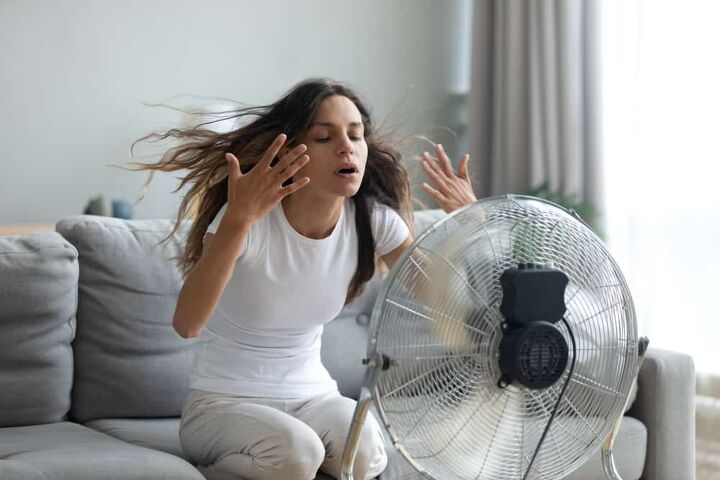
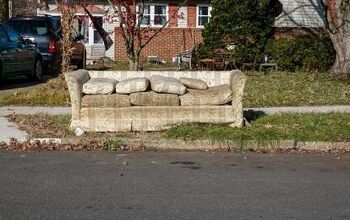


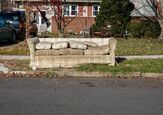


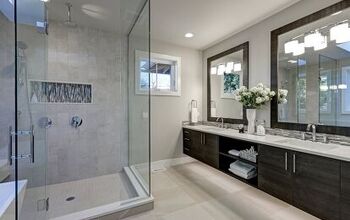
![How Much Weight Can a 4×4 Support Horizontally? [It Depends!]](https://cdn-fastly.upgradedhome.com/media/2023/07/31/9070333/how-much-weight-can-a-44-support-horizontally-it-depends.jpg?size=350x220)
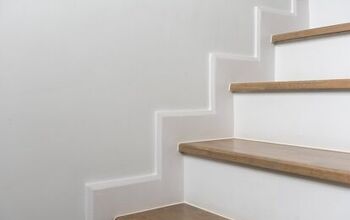

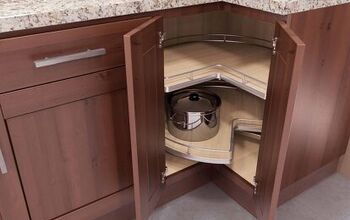
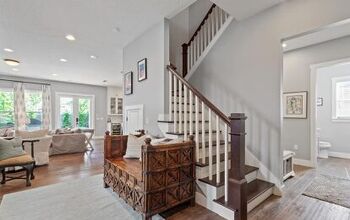
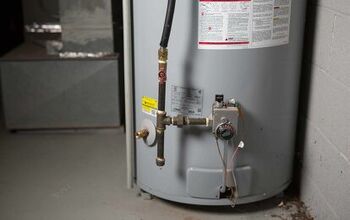

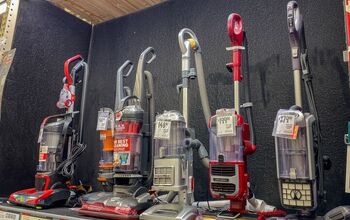
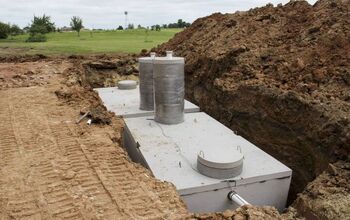


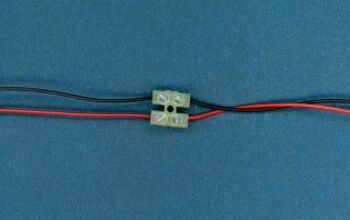


![12 Washing Machine Brands to Avoid [with Recall Data]](https://cdn-fastly.upgradedhome.com/media/2023/07/31/9075781/12-washing-machine-brands-to-avoid-with-recall-data.jpg?size=350x220)

